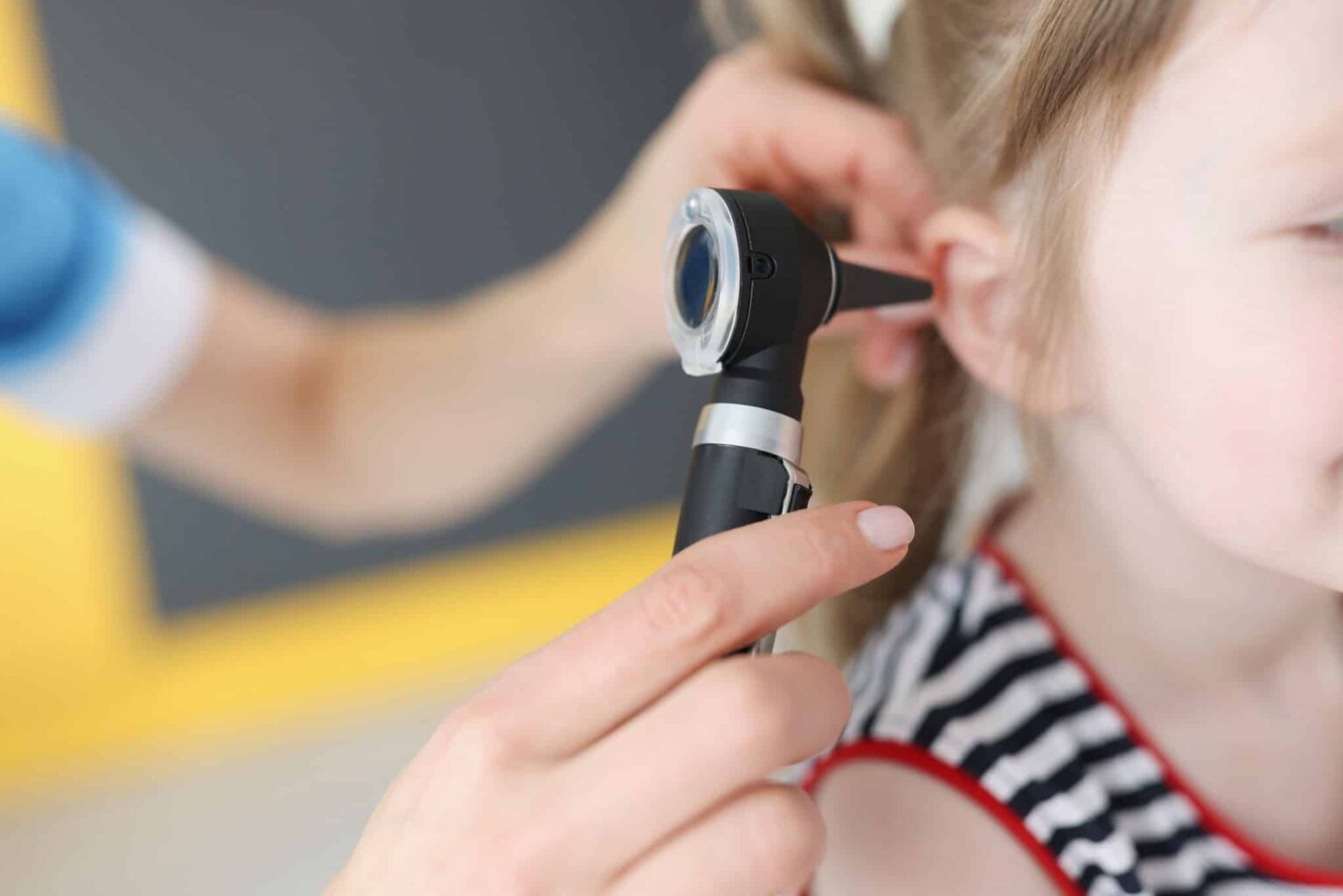Not only can your child’s untreated hearing loss impact their communication at home, it can affect their performance at school, too. But it turns out, certain behaviors caused by hearing loss are also associated with learning disabilities. This can result in a misdiagnosis. Below we review how common hearing loss is in children, how the symptoms of hearing loss can be mistaken for those of a learning disability and how your child can be helped.
How Common Is Childhood Hearing Loss?

Around 15% of school-aged children, ages six to 19, have a hearing loss of at least 16 decibels in one or both ears, and .1% have severe hearing loss, reports the CDC.
This can have devastating impacts on school performance. The American Speech-Language-Hearing Association (ASHA) explains that children with mild to moderate untreated hearing loss are likely to be one to four grade levels behind their peers with normal hearing, and those with severe untreated hearing loss oftentimes do not progress beyond third-grade level.
Fortunately, with the right intervention and support, children with hearing loss can succeed in school.
What Are the Symptoms of Hearing Loss & Learning Disabilities?
In addition to speech problems, some symptoms that overlap between hearing loss and learning disabilities include:
- Inattentiveness
- Inappropriate responses to questions
- Daydreaming
- Trouble following directions
- Behavior problems/acting out
The reason for this is because both students with hearing loss and those with learning disabilities can become frustrated they’re not able to follow along or keep up.
How to Help a Child with Hearing Loss
Teachers at Santa Barbara Unified School District and parents should look out for these and other signs of hearing loss. If hearing loss is suspected, parents should schedule an appointment with Hearing Services of Santa Barbara right away so their child can undergo a comprehensive hearing evaluation.
Following the hearing test, the Audiologist may recommend hearing aids or cochlear implants. According to Bruce Tomblin, professor in the University of Iowa’s Department of Communication Sciences and Disorders, “Researchers and clinicians have assumed that that hearing aids should be good for hard-of-hearing youth in terms of learning, speech, language, and socialization… Our research now provides strong evidence in support of these expectations.”
For more information or to schedule an appointment, call Hearing Services of Santa Barbara today.